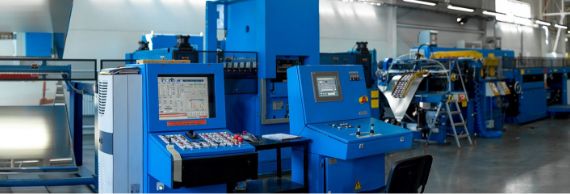
Machines and equipment are usually planned, designed and manufactured according to individual customer specifications. The order lead time is usually very long (several months or over 12 months for larger machines or plant systems). Due to the relatively long process cycle times there is often a lack of standardization in workflows and processes.
To achieve substantial improvements in a company’s results requires more than performing Kaizen / Lean activities in one or two micro areas, such as production or assembly.
KPC has many clients in the machine and plant engineering industy. Right from the start KPC works parallelly: optimizing production workflows while at the same time improving the processes in planning, engineering, purchasing, storage, IT, etc. Below are some of the concepts used as starting points in our Lean consulting:
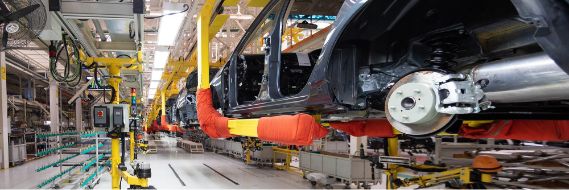
Car manufacturers demand just-in-sequence deliveries and zero-defect quality. Customer expectations for lower prices force suppliers to continually find new ways to increase productivity.
Right from the start KPC works holistically: optimizing workflows while at the same overseeing measures to improve the processes in planning, engineering, purchasing, storage, IT, etc. Here are examples of our Kaizen approach for the automotive industry.
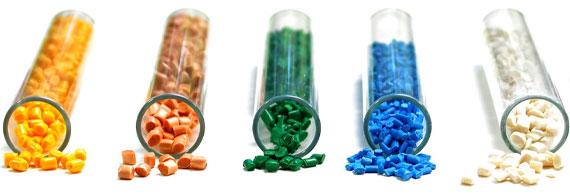
Lengthy and complex machine setup makes one-piece flow production unfeasible, therefore products are usually made-to-stock based on a forecast for customer orders. The biggest challenge is to maintain low, but sufficient inventory while still responding quickly to customer demand.
Achieving substantial improvements in a company’s results requires more than performing Kaizen / Lean activities in one or two micro areas, such as production or assembly.
KPC has many clients in the plastics industry. Right from the start KPC works parallelly: optimizing workflows while at the same time improving the processes in planning, engineering, purchasing, storage, IT, etc. Here are examples of our Kaizen approach for the plastics industry.
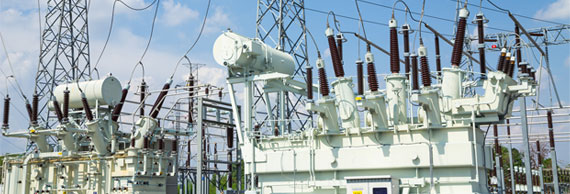
Power transformers, distribution transformers and cast resin transformers must be electrically calculated individually, according to customer specifications, then mechanically designed and manufactured.
The order processing time is very long (several weeks and months, large projects for power transformers may take over 12 months).
KPC has many years of successful consulting experience in the area of transformer manufacturing. We focus on increasing overall efficiency and reducing operating costs. Right from the start KPC works parallelly: optimizing workflows while at the same time improving the processes for planning, engineering, purchasing, storage, IT, etc. Here are examples of our Kaizen approach for transformer manufacturing.
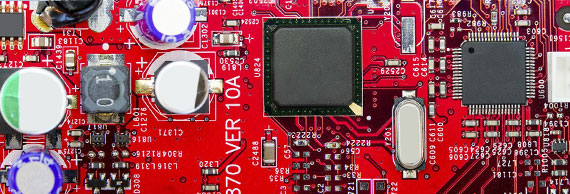
Electronic products usually have a short product lifecycle and designs may change after 6-9 months. Profit margins are low, and retailers cannot afford to keep articles sitting on the self. Here the best option is a demand-driven, make-to-order production with small lot sizes.
KPC has many years of successful Lean consulting experience in the area of transformer manufacturing. We focus on increasing overall efficiency and reducing operating costs. Right from the start KPC works parallelly: optimizing workflows while at the same time improving the processes for planning, engineering, purchasing, storage, IT, etc. Here are examples of our Kaizen approach:
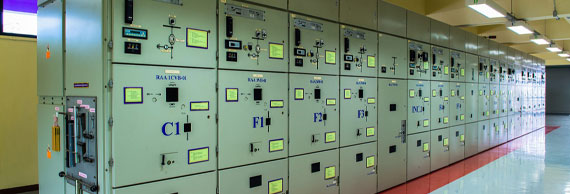
Switchgears must be electrically calculated individually, according to customer specifications, then mechanically designed and manufactured.
The production has very long order lead times (weeks or months)
KPC has many years of successful consulting experience in the area of switchgear production. We focus on increasing overall efficiency and reducing operating costs. Right from the start KPC works parallelly: optimizing workflows while at the same time improving the processes for planning, engineering, purchasing, storage, IT, etc. Here are examples of our Kaizen approach for the switchgear production.
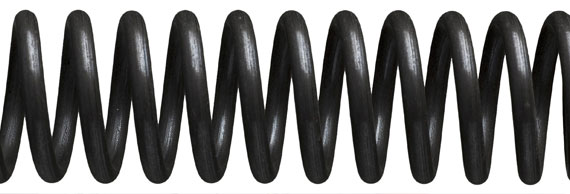
Spring manufacturing consists of lengthy and specialized hot or cold forming processes. The production is a linear process with different routes: winding, tempering, hardening, grinding, deburring, straightening, shot peening, setting, testing, painting/coating, marking. The production lot sizes can be very different, which is particularly a challenge for production planning and determining the delivery date.
KPC has successfully consulted several well-known spring manufacturers. We focus on increasing overall efficiency and reducing operating costs. Right from the start KPC works parallelly: optimizing workflows while at the same time improving the processes for planning, engineering, purchasing, storage, IT, etc. Here are examples of our Kaizen approach:
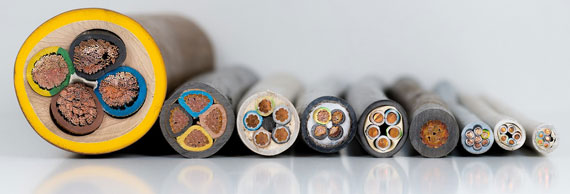
Cable manufacturing is a linear production process that requires numerous production steps. There may be up to 15 complex procedures involved (e.g. drawing, bundling, multiple tumbling and rewinding processes, multiple jacket extrusion, testing, stranding, jacketing) plus additional, type-specific processes with differing process routes. Production is usually made-to-order or made-to-stock.
KPC has many years of successful Lean consulting experience in the area of cable manufacturing. We focus on increasing overall efficiency and reducing operating costs. Right from the start KPC works parallelly: optimizing workflows while at the same time improving the processes for planning, engineering, purchasing, storage, IT, etc. Here are examples of our Kaizen approach:
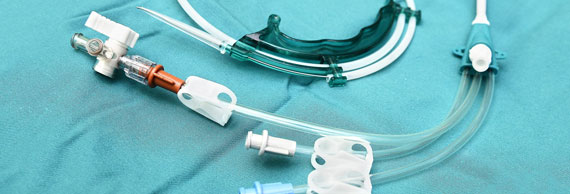
The production of catheters involves dozens of complex process steps. One of the biggest challenges is to synchronize parallel running processes (injection molding, extrusion, balloon bonding, tube bonding, lamination, several heating processes, sterilization, assembly, etc.) in order to achieve a shorter lead time.
KPC has many years of successful Lean consulting experience in catheter production. We focus on increasing overall efficiency and reducing operating costs. Right from the start KPC works parallelly: optimizing workflows while at the same time improving the processes for planning, engineering, purchasing, storage, IT, etc. Here are examples of our Kaizen approach:
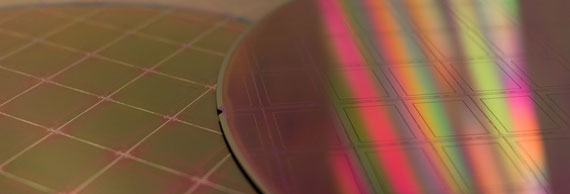
The production of microprocessors is one of today’s most complex manufacturing technologies. The manufacturing process may contain 300 to 600 different steps: physical-chemical vapor deposition, molecular beam epitaxy, atomic layer deposition, chemical-mechanical polishing and planarization, photolithography, photoresist coating, stepper process, photomask, ion-implantation, furnace annealing, etc. semi-finished products go through multiple coating processes (more than 10 times). This presents a major challenge for optimal production planning and control.
KPC has many years of successful Lean consulting experience in microprocessor production. We focus on increasing overall efficiency and reducing operating costs. Right from the start KPC works parallelly: optimizing workflows while at the same time improving the processes for planning, engineering, purchasing, storage, IT, etc. Here are examples of our Kaizen approach:
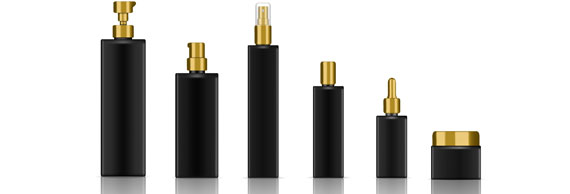
Cosmetic manufacturers usually supply products to brand name companies on an OEM-basis. Here the most economical approach is a make-to-order production strategy. The main manufacturing processes include weighing, mixing, homogenizing and filling. The challenge is to maintain high levels of productivity while remaining flexible and responsive to customer demand.
KPC consultants have worked extensively with leading cosmetic manufacturers. We focus on increasing overall efficiency and reducing operating costs. Right from the start KPC works parallelly: optimizing workflows while at the same time improving the processes for planning, engineering, purchasing, storage, IT, etc. Here are examples of our Kaizen approach:
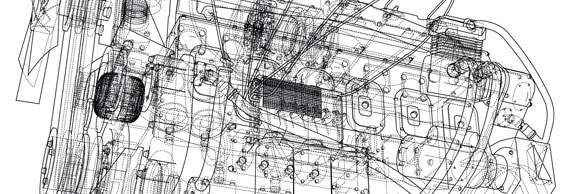
Designs are developed to satisfy exact customer specifications. The engineering department must provide technical specifications for the customer`s order and create the documents required for purchasing and production, in the required quality and format. The internal relationship between design/engineering and purchasing and production corresponds to that of supplier and customer; the design engineers must deliver drawings/BOM to their “customer” (i.e. purchasing/production) just-in-time to ensure reliable delivery performance.
KPC has many years of successful Lean consulting experience in Engineering process. We focus on increasing overall efficiency and reducing operating costs. Right from the start KPC works parallelly: optimizing workflows while at the same time improving the processes in planning, engineering, purchasing, storage, IT, etc. Here are examples of our Kaizen approach: